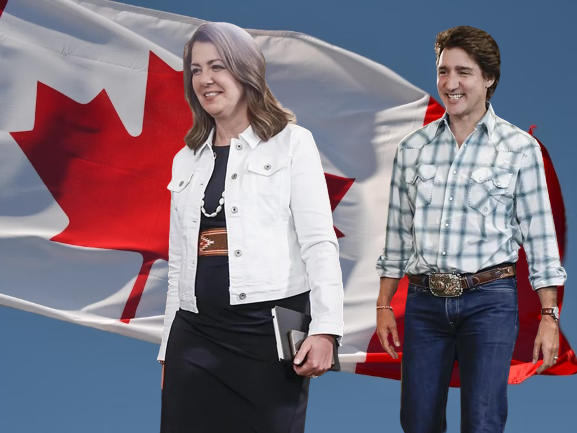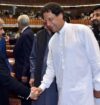Trudeau Warns Saskatchewan Premier: CRA “Very, Very Good”
In a stern message to Saskatchewan Premier Scott Moe, Prime Minister Justin Trudeau cautioned on Wednesday that the Canada Revenue Agency (CRA) is adept at ensuring tax compliance, emphasizing the consequences of non-compliance with federal law.
Speaking at a press conference in Oakville, Ontario, Trudeau underscored the seriousness of disputes with the CRA over tax obligations, urging against reluctance to fulfill tax liabilities. “Having an argument with CRA about not wanting to pay your taxes is not a position I want anyone to be in,” he remarked, delivering a pointed warning to Premier Moe.
Trudeau, however, rebuffed calls for a meeting, urging provinces to devise their own climate plans.
The rift between the federal government and Saskatchewan escalated when Moe’s administration vowed to withhold the funds collected from the federal carbon price on natural gas, a move deemed unlawful by federal authorities. The dispute arose following the creation of a temporary exemption to the carbon price for home heating oil, a measure criticized by Saskatchewan as biased and politically driven, particularly given its disproportionate impact on Atlantic Canada.
Asserting his province’s stance, Moe has demanded a similar exemption for natural gas, the primary fuel source for home heating in Saskatchewan. Moreover, he has been a vocal critic of the carbon levy, advocating for alternative measures and joining fellow premiers in seeking dialogue with Trudeau to explore alternatives to the federal carbon price.
Trudeau, however, rebuffed calls for a meeting, urging provinces to devise their own climate plans. He reaffirmed the federal government’s commitment to continue disbursing carbon rebate cheques to Saskatchewan residents, highlighting that most individuals receive more in rebates than they pay annually under the federal carbon price.
Amid escalating criticism of the carbon price, Trudeau condemned Moe’s “ideological opposition to fighting climate change” and criticized the federal Conservatives for obstructing legislation aimed at bolstering rural carbon rebate top-ups.
Notably, opposition to the carbon price extends beyond conservative circles, with Newfoundland and Labrador’s Liberal premier, Andrew Furey, advocating for reforms. NDP Leader Jagmeet Singh also weighed in, accusing Trudeau of adopting a divisive approach to climate change and calling for a fairer plan that prioritizes workers’ needs.
As the standoff between federal and provincial authorities intensifies, the implications for Canada’s climate policy and intergovernmental relations remain uncertain, underscoring the complexities of navigating divergent ideological perspectives on environmental governance.



